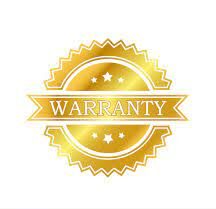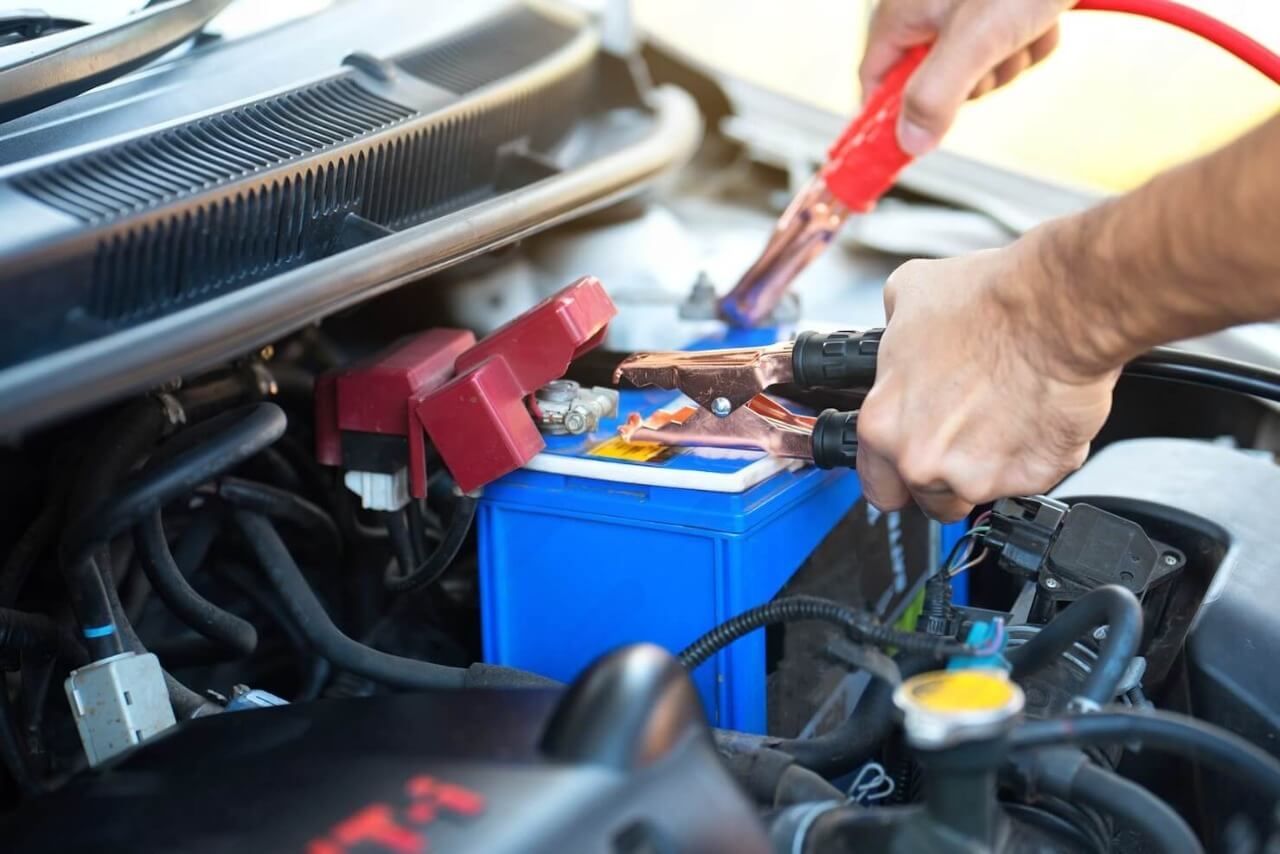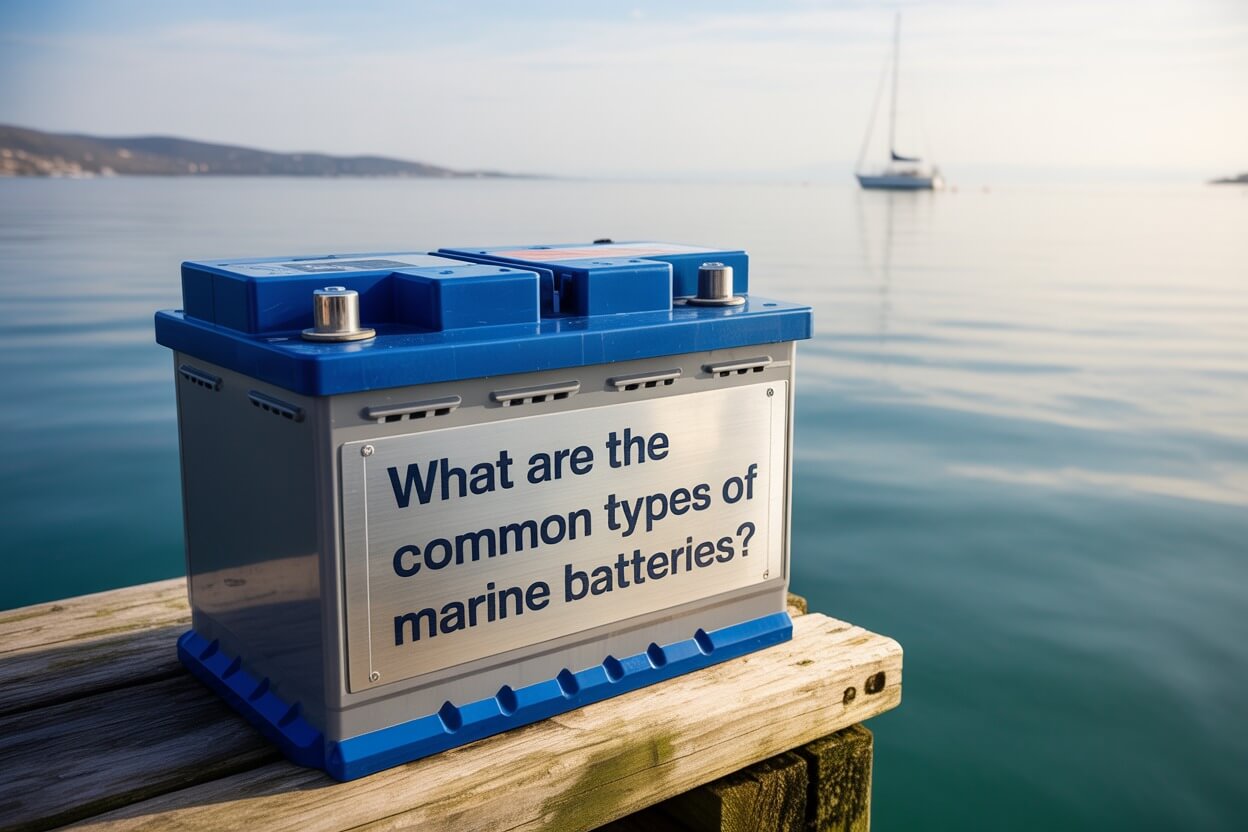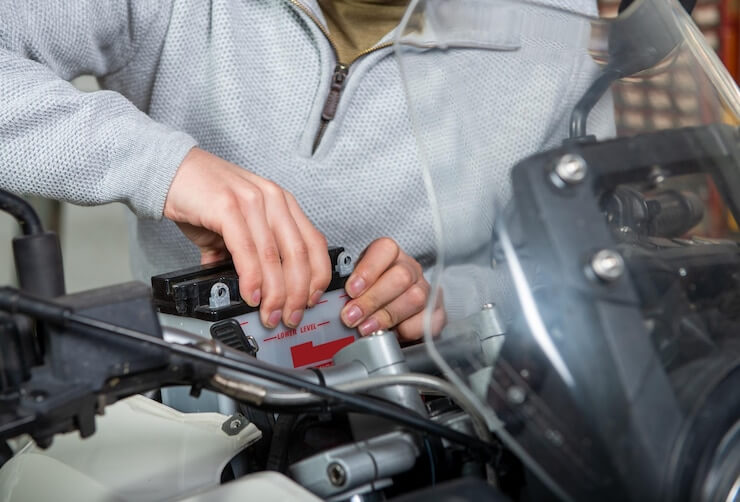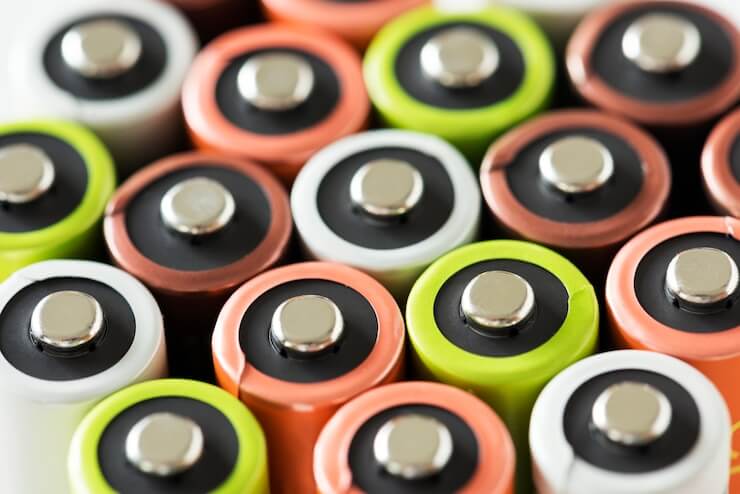At Batteries Sunshine Coast we pride ourselves on providing quality batteries to our customers. That being said, sometimes a battery can fail and this can be due to lots of different factors, causing customers to seek warranties.
So let’s discuss battery warranties, How it’s determined, what is covered and what is not covered!
USING ELECTRONIC BATTERY TESTERS for Warranties
Electronic battery testers are not an Australian Standard acceptable means of determining if a battery is faulty due to the calibration variances of each electronic machine.
All warranties must go through a procedure of being load tested on a Carbon Pile Load Tester and possibly a fully certified electronic discharge test to determine the fault. If the battery is dead flat (discharged below 12v), or overcharged (charged higher than 14.5v) that voids any warranty. The battery will also have to be charged before it can be tested.
A call out fee will be charged for our technicians to attend the site to determine if a battery is faulty. You can drop the battery, or the car into our store at Chevallum (on Bruce Highway) to have the battery tested free of charge.
Battery Warranties do not cover:
- Normal wear and tear
- Physical Damage
- Sulphation
- Incorrect application
- Negligence (before or during use)
- Overcharging or Discharging
- Failure arising from the addition of fluids other than water
- Batteries used for motorsport or racing activities
PRIVATE USE STATEMENT? What does this mean?
Private use is a vehicle used for private needs, as opposed to business uses. These vehicles are generally defined as having only four wheels and are not used to carry passengers or goods for monetary purposes.
WHY DO BATTERIES FAIL?
Batteries have a finite life, determined by the application and the operating conditions. Battery failure can be attributed to various factors; however the causes of failure fall under two distinct categories: manufacturing and non-manufacturing faults.
MANUFACTURING FAULTS
Typically occur within the first 3 months and can include the following:
SHORT CIRCUITS/DEAD CELLS
Where one cell will show a dramatically lower Specific Gravity (SG) reading than the other cells, or an internal malfunction has occurred with the battery.
INTERNAL BREAK
Usually resulting from physical damage to a battery during transportation.
Stringent quality assurance and inspection processes demanded by leading vehicle manufacturers ensures genuine manufacturing faults in batteries are negligible.
NON-MANUFACTURING FAULTS
These fall outside of strict quality control systems and are more likely to occur the longer the battery is in service. They are often attributed to a problem with the vehicle’s electrical system, its operation, or the battery application.
WEAR AND TEAR
As a battery ages, grid metal corrodes, and active material are lost from the plates. Over time this leads to a point where the battery will no longer be able to start a vehicle. Excessive High temperatures will accelerate the degradation rates.
PHYSICAL DAMAGE
Incorrect fitment, handling and storage often leads to external damage and subsequent battery failure.
INCORRECT APPLICATION
Fitting a smaller, less powerful battery or a battery designed for another application can lead to early failure.
NEGLIGENCE
Failure to maintain fluid levels (in maintainable batteries) in maintainable batteries exposes the internal components and accelerates battery failure.
SULPHATION
Occurs when the battery is allowed to stand in a discharged state for an extended period.
OVER-CHARGING
Often caused if the alternator or charging device is incorrectly set or the alternator voltage control fails.
UNDER-CHARGING
Short journeys, stop start driving or faulty alternators will not fully recharge a battery.
DISCHARGE
Lights or other accessories left on for extended periods.
What is covered for warranties?
- The item is faulty or is not of ISO9001 quality, or
- The item is unsafe, or
- The product does not match the sample or our description.
What is not covered?
- Extreme Vibration applications (i.e., vibrating compactors, concrete cutters)
- Dropping or hitting the battery
- Cutting, removing, or damaging terminals or battery casing
- Overcharging battery via faulty regulator or dual battery setup not using approved
- management system
- Using Starter battery for deep cycle applications (Car Audio Systems, Trolling Motors, refrigerators)
- Opening battery case lid
Batteries Sunshine Coast complies with the Queensland Warranty laws. For more information you can Contact us Now.

